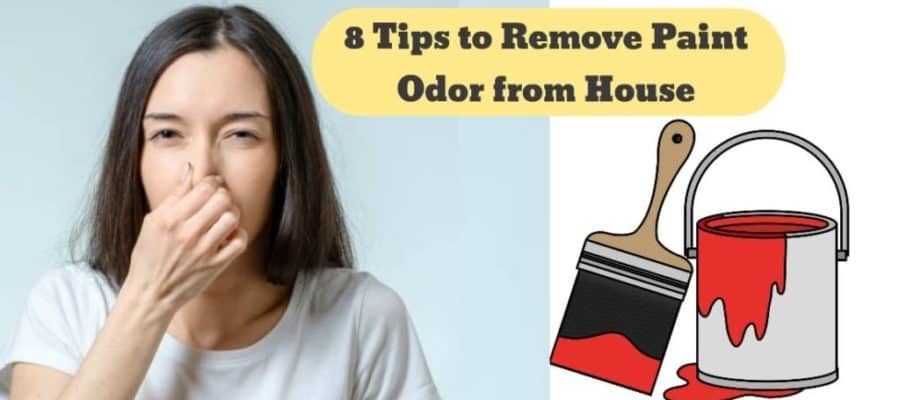The Lowdown on Paint Smell in House: What You Need to Know
Hey there, folks. Are you thinking of freshening up your pad with a new coat of paint, but worried about the paint smell in house lingering for ages? You’re not alone. Many of us have been in your shoes, frustrated by the strong fumes that seem to cling to every surface. In this article, we’ll break down the basics of paint smell in house and give you some tips on how to minimize it.
What Causes Paint Smell in House?
Paint smell in house is primarily caused by the solvents used in the paint. These solvents, like toluene and benzene, are added to help the paint dry faster and flow more smoothly. However, they’re also responsible for that pungent aroma that can be overwhelming. Other culprits include the pigments and additives used in the paint.
Types of Paint and Their Smell Potential
Not all paint is created equal when it comes to paint smell in house. Here’s a quick rundown of the most common types of paint and their potential for causing a stink:
- Latex paint: This water-based paint is generally considered to be low-VOC (volatile organic compound) and has a relatively mild paint smell in house.
- Oil-based paint: Solvent-based paint has a stronger paint smell in house due to the higher levels of VOCs.
- Low-VOC paint: As the name suggests, this type of paint has lower VOC levels and a reduced paint smell in house.
- Eco-friendly paint: These paints are made from natural ingredients and have a minimal paint smell in house.
How Long Does Paint Smell in House Last?
The paint smell in house can linger for anywhere from a few days to several weeks, depending on the type of paint used, ventilation, and the size of your space. Generally, you can expect the smell to follow this timeline:
- First 24 hours: The strongest paint smell in house will occur during the first day after painting.
- 2-7 days: The smell will start to dissipate, but you may still notice it, especially in poorly ventilated areas.
- 1-2 weeks: The paint smell in house should be significantly reduced by this point.

Tips to Reduce Paint Smell in House
Don’t worry, we’ve got you covered. Here are some tips to help minimize the paint smell in house:
1. Choose Low-VOC or Eco-Friendly Paint
Opt for paints with low VOC levels or those made from natural ingredients. These paints will have a lower paint smell in house.
2. Use a Primer
Applying a primer can help reduce the amount of paint needed and, in turn, minimize the paint smell in house.
3. Ventilate Your Space
Open windows, turn on fans, and use air purifiers to keep the air circulating and reduce the paint smell in house.
4. Keep the Room Cool
Higher temperatures can increase the evaporation rate of the solvents, making the paint smell in house worse. Keep the room cool to slow down the process.
5. Use a Paint Smell-Absorbing Product
There are products available that can absorb the paint smell in house, such as baking soda, activated charcoal, or specialized paint smell-absorbing sprays.
6. Don’t Paint in Direct Sunlight
Direct sunlight can increase the temperature and, subsequently, the evaporation rate of the solvents, making the paint smell in house worse.
7. Use a Dehumidifier
High humidity can slow down the drying process, allowing the paint smell in house to linger longer. Using a dehumidifier can help speed up the process.
8. Wait for the Paint to Cure
Resist the temptation to move back into the room or start decorating until the paint has fully cured. This can take anywhere from a few days to a week, depending on the type of paint.
Health Risks Associated with Paint Smell in House
While paint smell in house is generally not considered a major health risk, prolonged exposure to VOCs can cause:
- Headaches
- Dizziness
- Nausea
- Irritation to the eyes, nose, and throat
How to Minimize Health Risks
To reduce the risk of health problems associated with paint smell in house:
- Wear a mask when painting
- Use gloves and protective eyewear
- Ensure good ventilation
- Avoid eating or drinking in the painted area
- Keep children and pets away
Conclusion: Paint Smell in House
Paint smell in house can be a real nuisance, but there are steps you can take to minimize it. By choosing the right paint, using a primer, ventilating your space, and following some simple tips, you can reduce the paint smell in house and enjoy your newly painted space. Remember, the paint smell in house will eventually fade, but with a little patience and some know-how, you can speed up the process.
Final Tips:
- Always read the label and look for low-VOC options
- Follow the manufacturer’s instructions for application and ventilation
- Plan ahead and schedule your painting project for a time when you can keep the room well-ventilated
Now that you’re all set to tackle your painting project, don’t let paint smell in house hold you back. Happy painting!